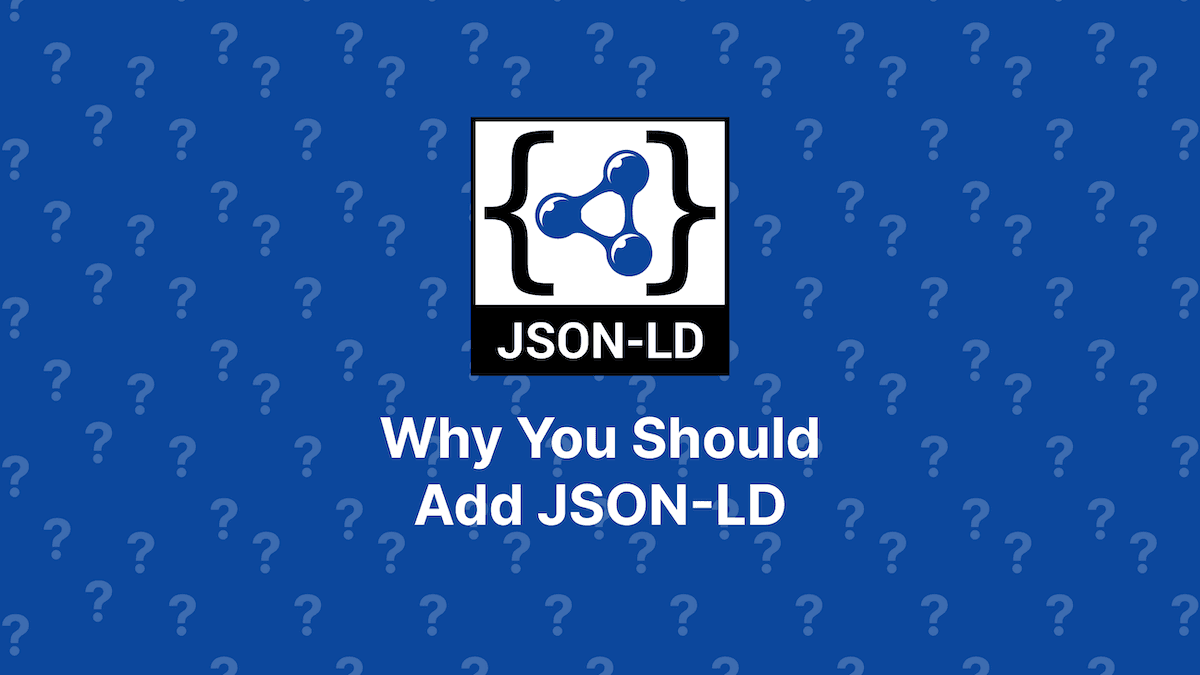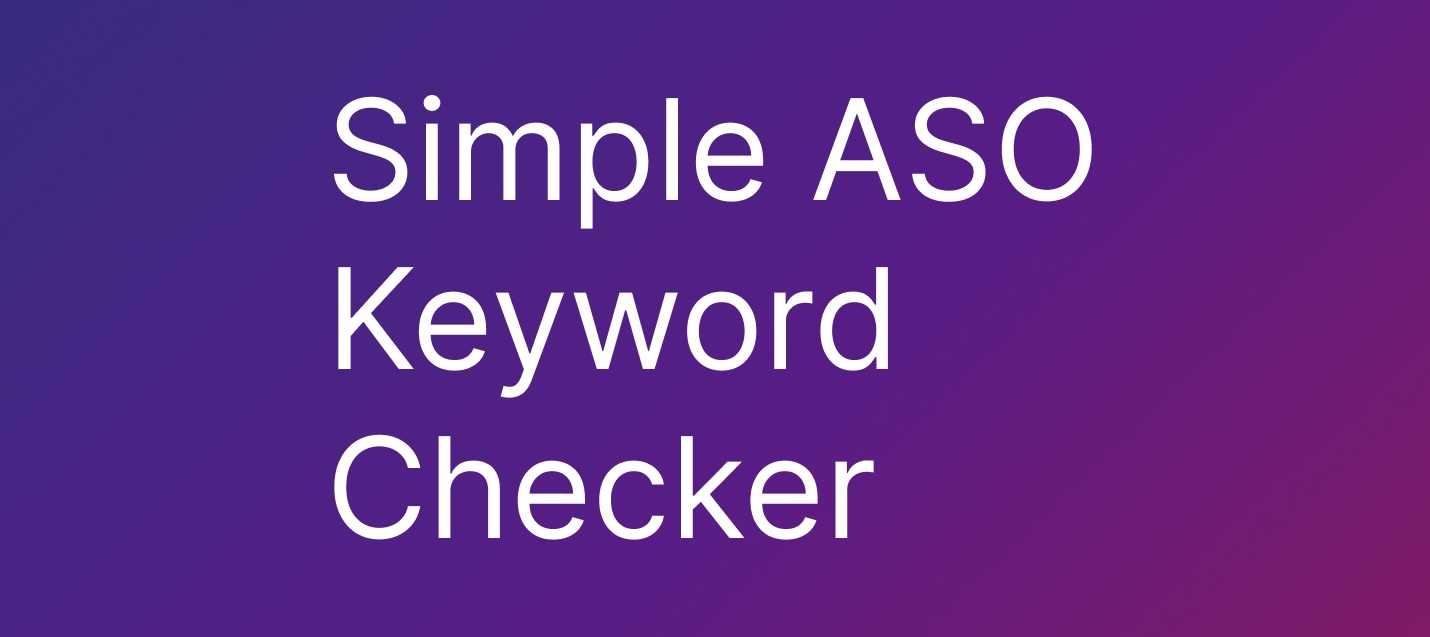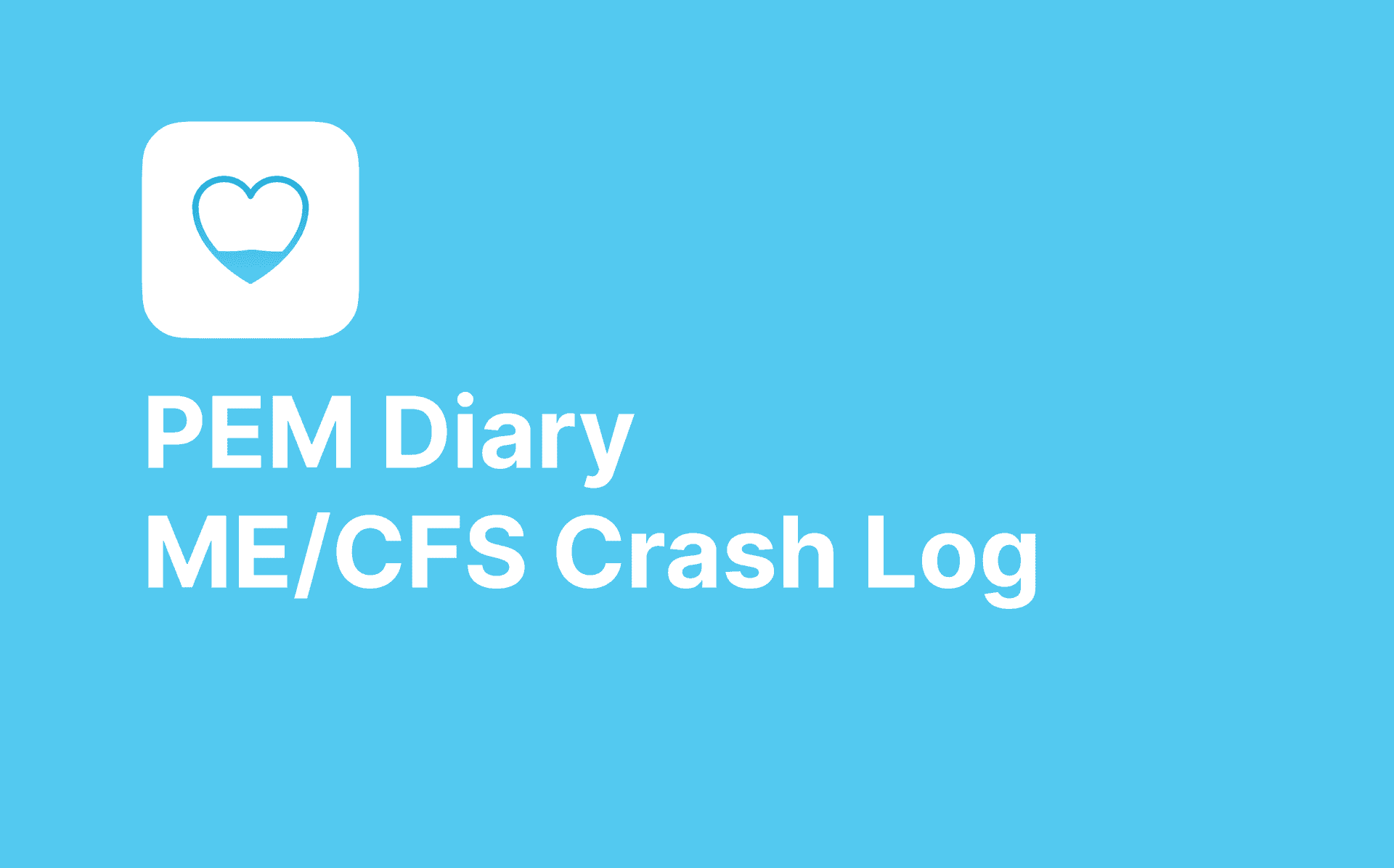If you've ever wondered why some search results appear with rich snippets showing star ratings, pricing information or detailed product details whilst other Google results remain plain text listings, the answer often lies in structured data markup. More specifically, it's likely down to JSON-LD implementation - a powerful yet underutilised technology that can transform how search engines understand and display your content.
JSON-LD (JavaScript Object Notation for Linked Data) represents one of the most significant opportunities for improving your website's search engine visibility and user experience. Despite its importance, many developers and business owners remain unaware of its potential impact on their digital presence.
What exactly is JSON-LD?
JSON-LD is a method of encoding structured data using JSON syntax, designed to help search engines better understand the content and context of your web pages. Think of it as providing a detailed explanation card for every piece of content on your website, written in a language that search engines can easily interpret and act upon.
Unlike other structured data format like OpenGraph tags, which require you to modify your existing markup, JSON-LD operates independently. You simply add a script tag containing structured data to your page's head section, leaving your existing HTML completely untouched. This separation of concerns makes JSON-LD particularly appealing for developers working with modern web applications built using frameworks like React, Next.js or Ruby on Rails.
The tangible benefits of JSON-LD implementation
The advantages of implementing JSON-LD extend far beyond simple search engine optimisation. When properly implemented, structured data creates a cascading effect of improvements across multiple aspects of your digital presence.
Enhanced search result visibility
Perhaps the most immediately noticeable benefit comes in the form of rich snippets and enhanced search result displays. When Google and other search engines can properly understand your content through JSON-LD markup, they're more likely to display additional information directly in search results. This might include star ratings for products, pricing information for services, publication dates for articles or even recipe cooking times and ingredients.
These enhanced displays significantly increase the visual prominence of your search results, making them more likely to catch users' attention amongst competing listings. The psychological impact of seeing detailed information at a glance cannot be understated - users are naturally drawn to results that provide immediate value and context.
Improved click-through rates
Rich snippets generated from JSON-LD data consistently demonstrate higher click-through rates compared to standard search results. When potential customers can see pricing, availability, ratings or other relevant information before clicking through to your website, they arrive as more qualified leads with higher intent to engage or purchase.
This pre-qualification effect works both ways - users who aren't interested in your offering can make that determination without visiting your site, whilst those who do click through are more likely to convert. The result is often improved conversion rates alongside higher overall traffic quality.
Future-proofing for voice search and AI
As voice search continues to grow and artificial intelligence becomes increasingly sophisticated in understanding web content, structured data becomes even more critical. Voice assistants like Siri, Alexa and Google Assistant rely heavily on structured data to provide accurate, contextual responses to user queries.
When someone asks their voice assistant about business hours, product availability or service pricing, devices often pull this information directly from structured data markup rather than having to parse the entire page. Websites without proper JSON-LD implementation risk being invisible to these rapidly growing engagement channels.
Technical implementation made simple
One of JSON-LD's greatest strengths lies in its straightforward implementation process. Unlike other structured data formats that require extensive HTML modifications, JSON-LD can be added to any website with minimal technical complexity.
Basic implementation structure
JSON-LD markup follows a predictable pattern that developers can quickly master. Each implementation begins with a script tag containing type="application/ld+json", followed by a JSON object describing the content or entity in question.
For a basic business listing, the structure might describe your company name, address, contact information, opening hours and services offered. E-commerce sites can include detailed product information including pricing, availability, brand details and customer review summaries. Content publishers can mark up articles with author information, publication dates, categories and related content suggestions.
Integration with modern development frameworks
Modern web development frameworks like Next.js, React and Ruby on Rails applications can seamlessly incorporate JSON-LD markup through component-based approaches or server-side rendering. This integration ensures that structured data remains consistent across dynamically generated pages whilst maintaining the flexibility to customise markup based on specific content requirements.
TypeScript developers particularly benefit from JSON-LD implementation, as the structured nature of the data format aligns perfectly with TypeScript's type safety principles. You can easily create reusable TypeScript interfaces for common schema types, ensuring consistency and reducing implementation errors across their applications.
Schema.org vocabulary integration
JSON-LD implementations typically utilise Schema.org vocabulary, providing a standardised set of schemas recognised by all major search engines. This vocabulary covers an extensive range of entity types, from simple business listings and product catalogues to complex organisational structures and creative works.
The comprehensive nature of Schema.org vocabulary means that virtually any type of content or business can benefit from structured data markup. Whether you're running a restaurant, software company, educational institution or e-commerce platform, relevant schemas exist to describe your content in search-engine-friendly formats.
Common implementation challenges and solutions
Despite its straightforward nature, JSON-LD implementation does present certain challenges that developers and business owners should anticipate and address proactively.
Schema selection and complexity
One of the most common challenges involves selecting appropriate schemas for complex businesses or content types. Many organisations offer multiple products or services that don't fit neatly into single schema categories. The solution often involves implementing multiple schema types or using more general schemas like Organization or Thing as umbrella categories.
Rather than attempting to mark up every possible detail immediately, successful implementations typically start with core business information and gradually expand to include more specific product or service details. This iterative approach allows teams to measure impact and refine their approach based on observed results.
When choosing what types to add, I've found LLMs to be my friend. Claude/GPT are generally pretty good at helping make your JSON-LD types for a page when using TypeScript.
Maintaining data accuracy and consistency
Structured data markup requires ongoing maintenance to ensure accuracy and relevance. Product prices change, business hours shift, staff members join or leave organisations and service offerings evolve. Outdated structured data can actually harm search engine performance and user experience.
The most effective approach involves integrating JSON-LD generation into your content management workflow, ensuring that structured data updates automatically when underlying content changes. For dynamic websites built with frameworks like React or Next.js this often means generating JSON-LD markup from the same data sources that populate your regular page content so consider data fetching (and request times) when creating your JSON-LD object.
Validation and testing procedures
Search engines provide specific requirements for structured data implementation, and invalid markup can prevent rich snippet displays or even harm search engine performance. Google's Rich Results Test and Schema Markup Validator tools help identify implementation issues before they impact search visibility. For example with Jest:
import { validate } from 'schema-dts'; import { Product, Organization } from 'schema-dts'; describe('JSON-LD Tests', () => { test('Product schema is valid', () => { const productSchema: Product = { '@type': 'Product', name: 'Test Product', }; const validation = validate(productSchema); expect(validation.valid).toBe(true); }); test('Organization schema is valid', () => { const orgSchema: Organization = { '@type': 'Organization', name: 'Test Company', }; const validation = validate(orgSchema); expect(validation.valid).toBe(true); }); test('JSON-LD is properly formatted', () => { const jsonLd = generateJsonLd(); // Your JSON-LD generation function expect(jsonLd).toMatch(/^<script type="application\/ld\+json">/); expect(jsonLd).toMatch(/<\/script>$/); expect(() => JSON.parse(jsonLd)).not.toThrow(); }); });
Regular testing becomes particularly important for dynamic websites where content changes frequently. An automated test suite can help ensure that JSON-LD markup remains valid across different content types and page templates.
For manually checking your implementation consider adding a browser plugin/extension that can parse and display the JSON on the current page. The Structured Data Testing Tool Chrome extension is particularly useful for this purpose.
Using JSON-LD for a competitive advantage
Once you've mastered basic JSON-LD implementation, several advanced strategies can provide additional competitive advantages and business benefits.
Nested and interconnected schemas
Sophisticated JSON-LD implementations often involve multiple interconnected schemas that provide comprehensive context about your business, products and content. For example, a product page might include Product schema nested within an Organization schema, alongside Review and Offer schemas that provide additional context and credibility signals.
These interconnected implementations help search engines understand the relationships between different entities on your website, potentially improving your visibility for complex, multi-faceted search queries.
Custom schema extensions
Whilst Schema.org provides extensive vocabulary coverage, some businesses benefit from custom schema extensions that describe unique product features, service offerings or business models. These extensions must be carefully implemented to maintain compatibility with search engine requirements whilst providing additional context that competitors might lack.
Performance and technical considerations
JSON-LD markup adds additional code to your web pages, and improper implementation can impact page loading performance. However, because JSON-LD operates independently of your main HTML content, it can often be loaded asynchronously or generated server-side without affecting user experience.
Modern web development frameworks provide excellent tools for optimising JSON-LD delivery, ensuring that structured data benefits don't come at the expense of page performance or user experience.
The future of structured data in web development
As search engines become increasingly sophisticated and user expectations continue to evolve, structured data markup like JSON-LD will likely become even more important for maintaining competitive search visibility.
Emerging technologies including artificial intelligence, voice search and augmented reality applications all rely heavily on structured data to provide accurate, contextual information to users. Websites without comprehensive structured data markup risk becoming invisible to these growing interaction channels.
Furthermore, as search engines place increasing emphasis on user experience signals and content quality, the additional context provided by JSON-LD markup helps demonstrate the comprehensiveness and authority of your content and business information.
Getting started with JSON-LD implementation
If you're convinced of JSON-LD's benefits but unsure where to begin, the implementation process can be broken down into manageable steps that provide immediate value whilst building towards comprehensive coverage.
Start by identifying your most important pages and content types. For most businesses, this includes your homepage, primary service or product pages and key content pieces. Implement basic Organization or LocalBusiness schema for your homepage, then gradually expand to include Product, Service or Article schemas for specific content types.
Focus on accuracy and completeness rather than attempting to mark up every possible detail immediately. Search engines reward consistent, accurate structured data more than comprehensive but unreliable markup.
Consider working with experienced developers who understand both the technical implementation requirements and the business impact of effective structured data markup. The investment in proper implementation often pays dividends through improved search visibility and user engagement.
For those looking to learn more about implementation, Google's Structured Data Guidelines provide comprehensive documentation, whilst Merkle's JSON-LD Generator offers a helpful starting point for creating basic markup.
Should I add it to my website or web app?
JSON-LD represents a significant opportunity for improving your website's search engine visibility, user experience and competitive positioning. The technology's combination of powerful benefits and straightforward implementation makes it an essential component of modern web development strategy.
The businesses and websites that implement comprehensive, accurate JSON-LD markup today will be best positioned to benefit from tomorrow's search engine innovations and user interaction patterns. As search continues to evolve towards more contextual, AI-driven experiences, structured data becomes not just advantageous but essential for maintaining digital visibility and competitiveness.
Whether you're building a new web application with React or Next.js, optimising an existing Ruby on Rails platform or just wanting some help getting a marketing strategy together, JSON-LD implementation should be considered a fundamental requirement rather than an optional enhancement.
At Add Jam, we understand the technical complexities and business implications of effective structured data implementation. Our team of experienced developers can help you design and implement comprehensive JSON-LD strategies that drive measurable improvements in search visibility and user engagement. If you're ready to unlock the full potential of your website's search performance, we'd love to discuss how structured data can transform your digital presence.






